It’s difficult for the average western Dota fan to keep up on the day-to-day happenings of the Chinese professional scene. The source of this issue isn’t a lack of interest, but a matter of politcal, cultural, and geographical issues. At the heart the issue lies the “Great Firewall of China,” but there’s also the fact that China uses its own social media networks, such as Weibo, and, of course, the language barrier. This leads to two scenes growing alongside one another. They play the same game, and sometimes prioritze picking and drafting the same heroes, but so many things can be different. When everything about the east is different, from server host to memes, some western fans are blindsided by a “breakout” preformance. Back in April, Wings Gaming was that breakout team.
Wings Gaming’s first notable international performance was an upset at WCA 2015. WCA was a tournament rife with storylines. It was the first championship for Alliance in nearly two years, and it was the first and only time that the Leviathan banner would be carried to an offline event outside of North America. It was also where a certain Chinese stack would 2-0 Team Secret in the group stage. It was a shock to the western scene; a finalist at the first Major, defeated by a team that didn’t even qualify to the main event. Wings would place fourth, losing to Alliance in the semifinal.
It would be five months before Wings’s next notable performance, and it was a performance to once again gain the attention of the western scene. ESL One Manilla marked the beginning of the season leading up to the Spring Major, and also marked the first step on the road to The International 2016. ESL One also was the first premier tournament after one of the wildest shuffle periods in recent memory, with the night of March 22 (3/22, how fitting for our scene) seeing changes to the two strongest teams in the world, Evil Geniuses and Team Secret. Team Secret was considered the “winners” of the shuffle, picking up Arteezy and Universe, leaving EG scrambling to find players to fill in the missing spots left by the safelane carry and the offlaner.
All eyes were on Secret, seeing if they could become a super team with their new superstars. Secret would eventually disappoint, going 3-4 in the group stage after a crazy decider best-of-three series against Team Empire. In the other group, Wings would quietly make it to the semifinals of the event with wins over compLexity and Mineski. From that point, Wings took off and steamrolled, crushing Empire and convincingly defeated a surging Team Liquid 3-0 in the Grand Final. For most western fans, this was a team that came from nowhere to win the event.
A team like Wings is unconventional. The Chinese pro scene isn’t like the rest of the Dota world; it’s structured. If anything, it’s set up like Major League Baseball or perhaps the Premier League, with players in a “farm system.” At the top, you have the premier teams of organizations, typically just bearing the name of the organization. A good example is the Ehome organization. At the top, you have the flagship team, but underneath you have six different teams competing within the region. Rarely do one of these farm teams make it out of China to international events, and when they do, their performance isn’t amazing.
The talent developed at the lower level is either promoted to the main squads or traded to other teams. The Wings Gaming organization is different; it was founded by pubstars, players who weren’t part of the farm team machine. No player on the current squad for Wings has been on another team, save for the now defunct Speed Gaming.cn or BigGod, the team formed by main squad veterans.
The whole of the team is greater than the sum of its parts. Wings has some pretty damn good parts, too, with each player making incredible plays in their respective role, while maintaining a high level of play. They’re unconventional. In Dota, historically, China plays slow. China plays it safe. Hit towers, take objectives, but avoid team fights. Wings doesn’t play like that; instead, they play the game that’s more in line with western play styles.
Traditional Chinese Dota, in all honesty, is on its way out. Teams like Vici Gaming in 2014, CDEC in 2016, and now Wings in 2016, have pioneered their own play styles that combine aggression with objective taking. What makes Wings Gaming stand out from their predecessors is their incredible depth in hero selection. At the BEAT Invitational, where they played a total of nine games, Wings drafted 37 different heroes.
The post-TI slump that has affected almost every winning team has not affected Wings. (While one could make a case that EG didn’t suffer a slump, they did undergo roster changes when replacing Aui_2000.) They were one of the few teams this September to not make any roster changes. They have cemented themselves as not only the best team in China, but the best team in the world, through versatility, stability, and an unpredictable play style.
How long do you think Wings Gaming’s run post-TI will last? Let us know in the comments or tweet at us at @GAMURScom.
Questions, comments, or criticism for Carno? He’d love to hear it. Find him on Twitter at @Carno_.



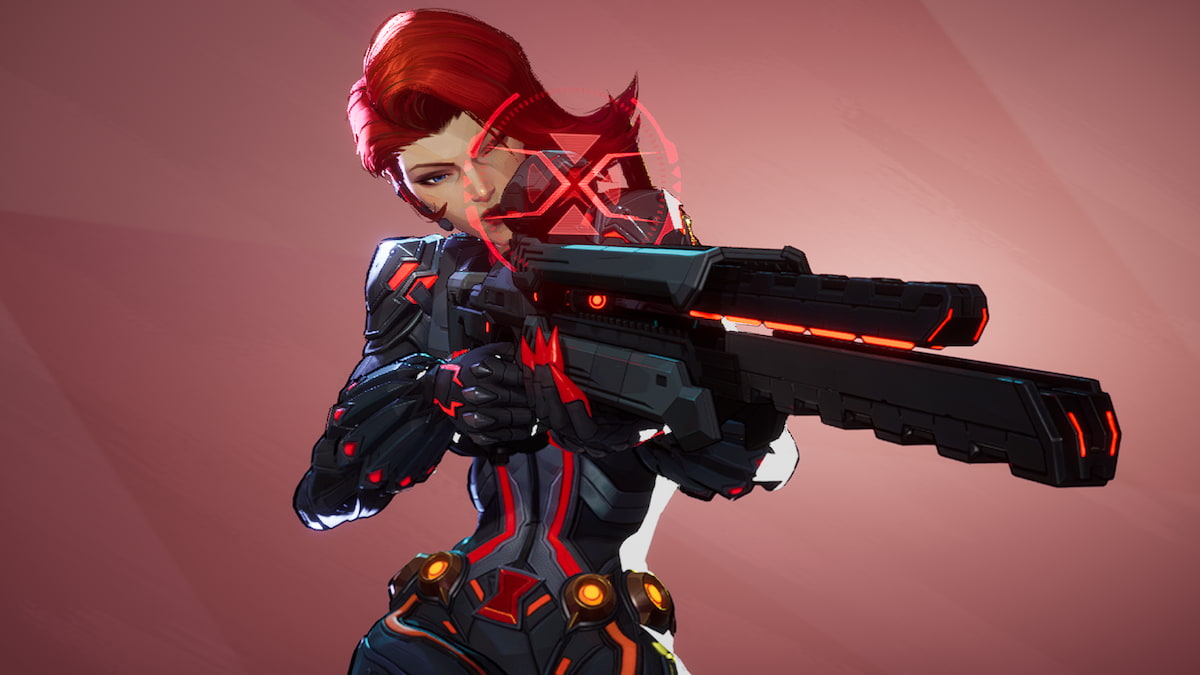
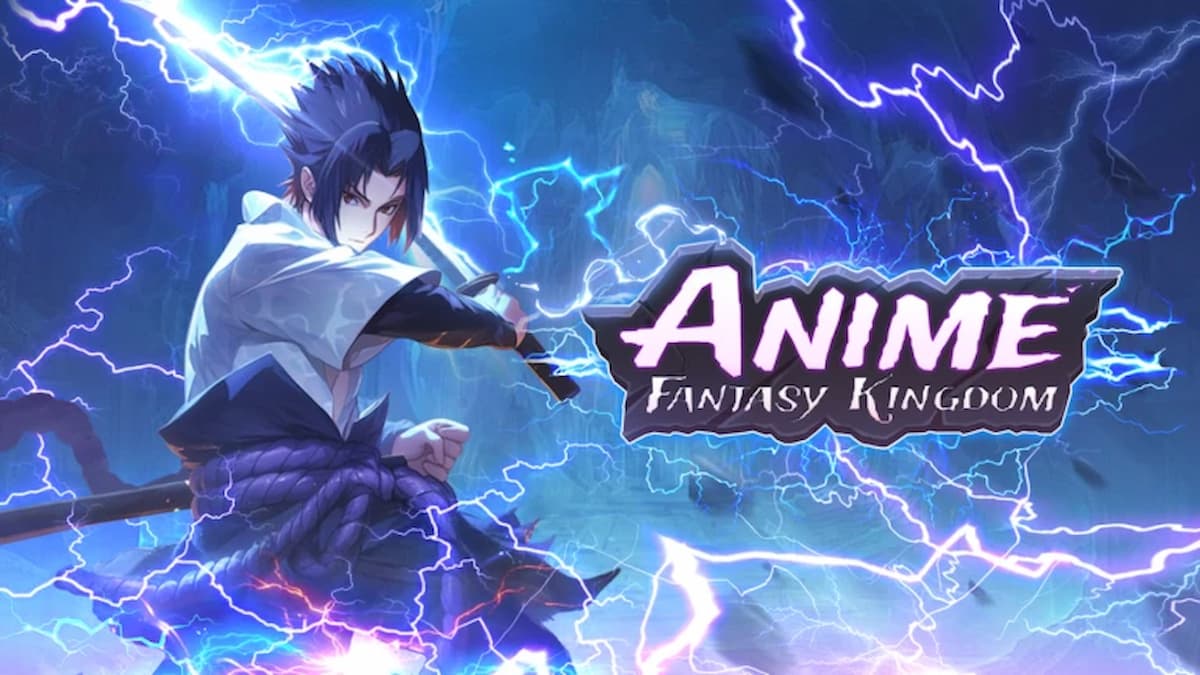
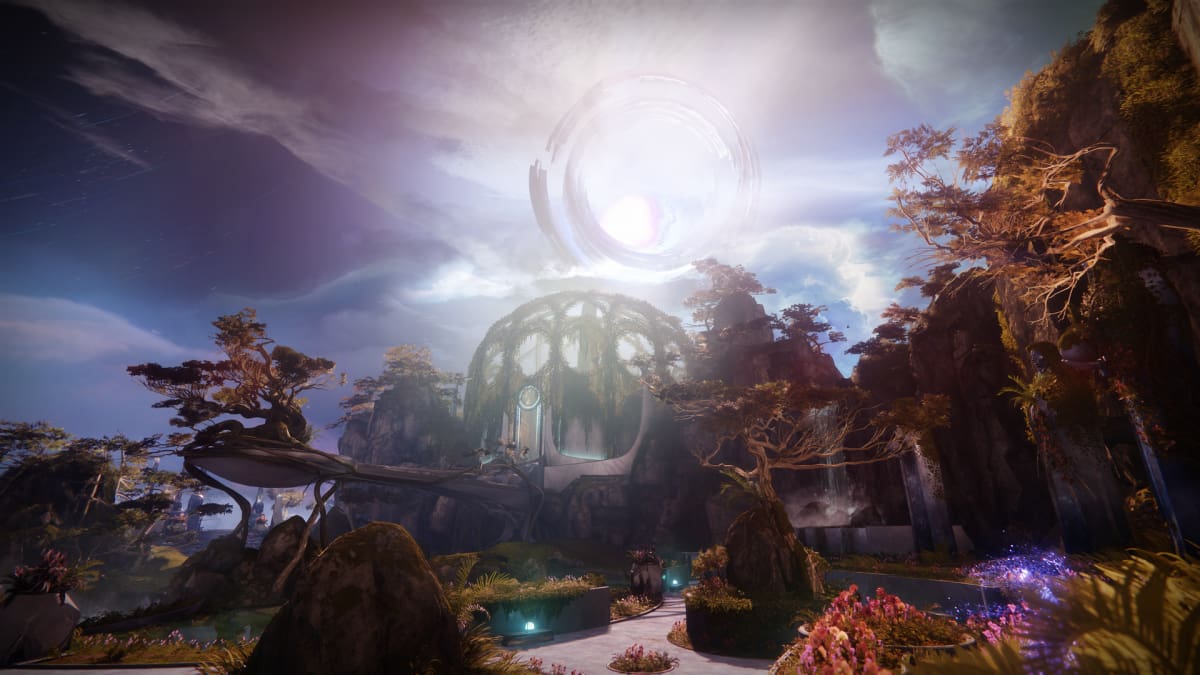
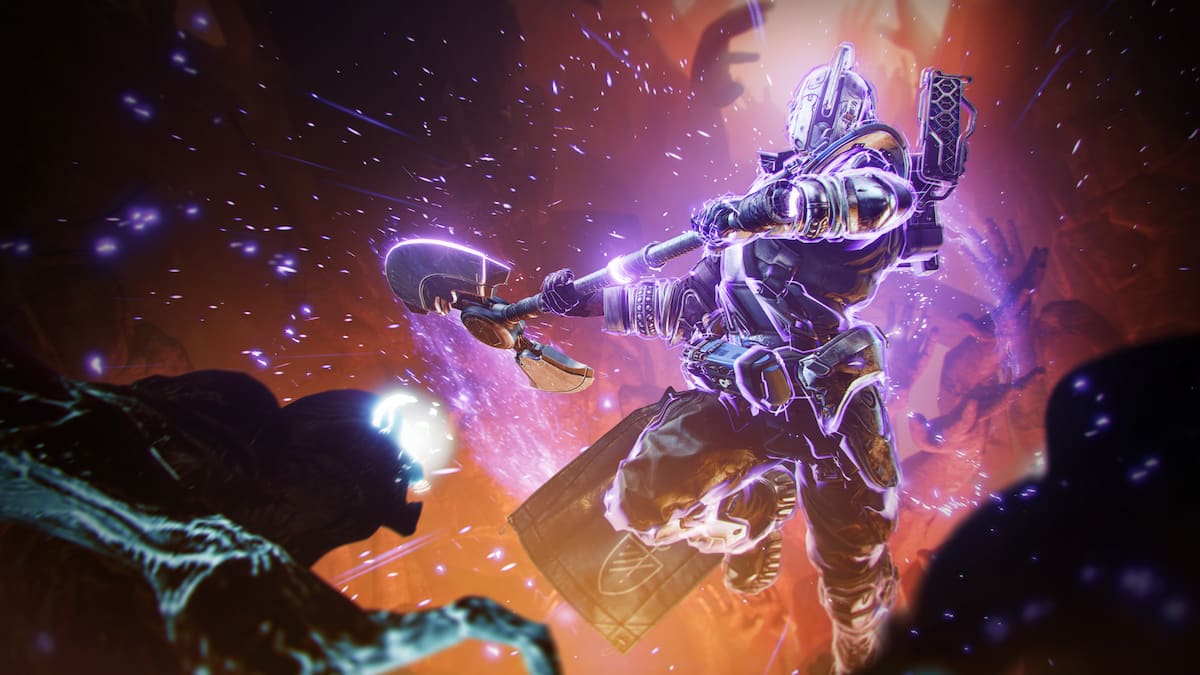
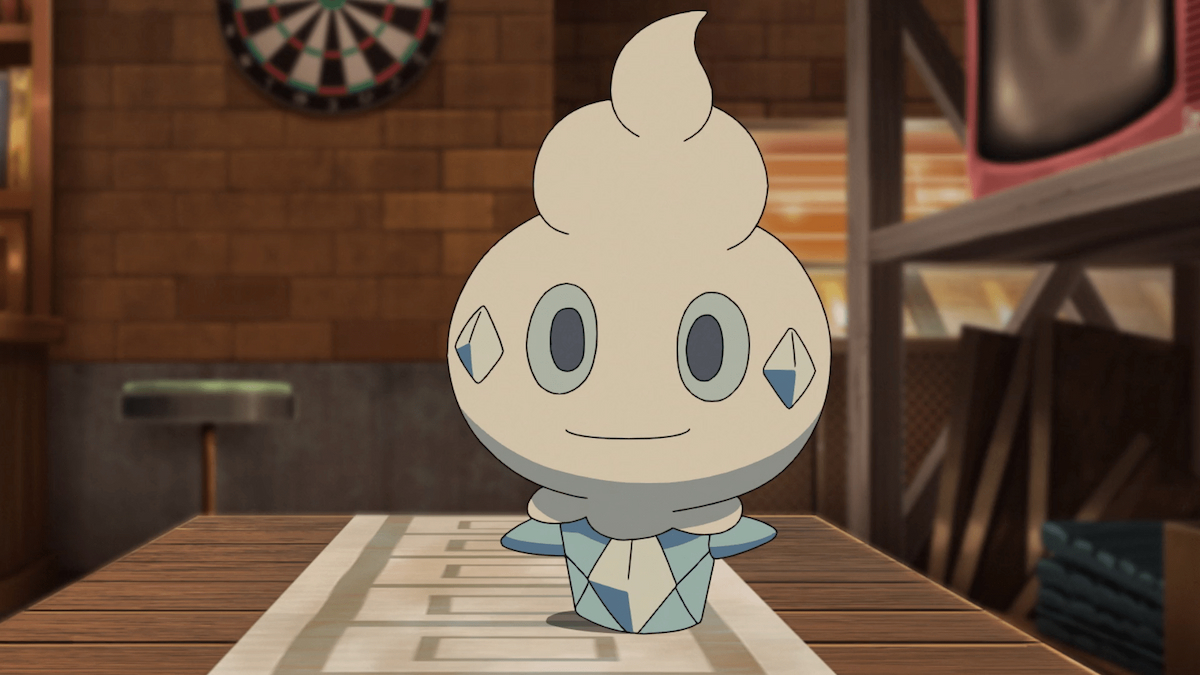
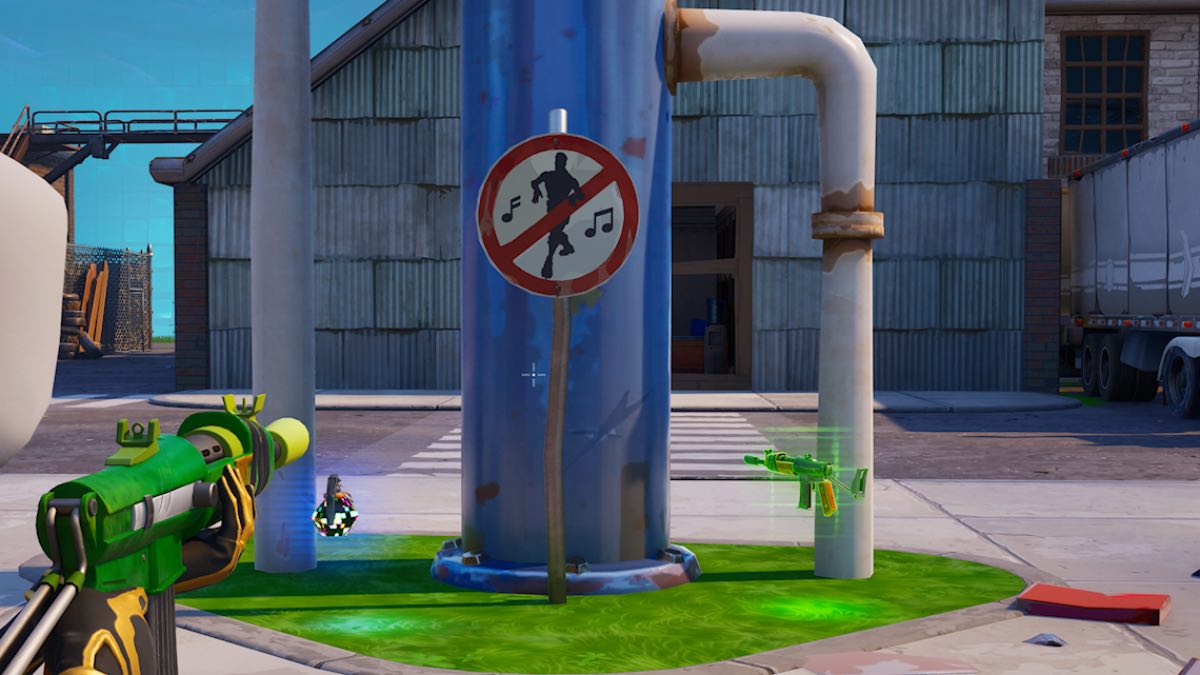


Published: Nov 15, 2016 04:33 pm